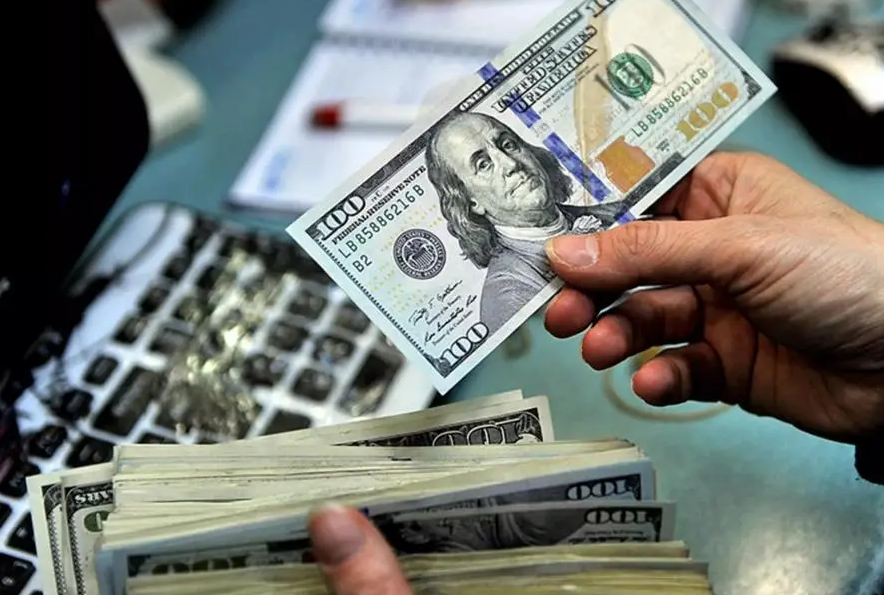The story of Ji Yue, formerly known as Jidu, has taken an unfortunate turn that has left employees, suppliers, and customers reelingAs of December 24, 2023, the situation has become increasingly precarious for those connected to the company, which was expected to thrive in the competitive automotive sectorJi Yue's challenges began to unfold on December 11, 2023, when CEO Xia Yiping held a meeting with employees to address the company's dire circumstances and its need for immediate adjustmentsHe disclosed alarming news that social insurance payments for employees for the month prior had not been madeThis admission triggered a series of chaotic events leading to multiple groups—employees, car owners, and suppliers—mobilizing for their rights, seeking resolution and support.
By December 12, tensions escalated further as employees confronted Xia in his office, demanding various solutions to their grievances
The distress extended beyond just the workforce; car owners and suppliers also commenced their calls for justice, indicating a ripple effectFortunately, through various negotiations, progress was made for both categories of aggrieved partiesEmployees secured "N+1" compensation—a financial package that included severance and payments owed, temporarily funded by major stakeholders like Baidu and GeelyMeanwhile, vehicle owners were assured that their cars would continue to receive necessary services and support from these conglomerates as well.
Reflecting on his leadership, Xia Yiping expressed remorse for the mistakes made as CEO, acknowledging the chaos that ensued and apologizing to impacted employees, customers, suppliers, and shareholders alikeHowever, despite his statements and attempts at reconciliation, there has been a notable silence regarding the resolution of issues affecting the suppliers, a group that claims cumulative debts nearing 2 billion yuan.
Amidst all this, the situation for Ji Yue's suppliers has rapidly deteriorated, with one supplier, Li Hongxing from Zhejiang Xintang Cultural Media Co., commenting on December 25 that no parties, including government departments or stakeholders, had reached out since the initial collapse
- Structured Deposits Surge Amid High Returns and Risks
- Honda-Nissan Merger: A Road to Consolidation
- Decoding Japan's Economy
- Fortotech Gears Up for Hong Kong IPO
- Fed Delivers 25 bps Rate Cut
The local government in Shanghai's Jiading District finally intervened to assess the debts owed by Ji Yue, but communication remained stagnant, leaving many in limbo.
A joint statement attributed to all Ji Yue suppliers that circulated online on December 15 fueled concerns, revealing that Ji Yue owed approximately 2 billion yuan combinedLi confirmed the authenticity of this statement, shedding light on the gravity of the financial misconductHis company alone was owed 37 million yuan, primarily from advertising services provided to Ji YueInitially, their collaboration flourished, but as advertising expenditures soared—especially surrounding a much-anticipated vehicle launch—so did Li's financial burden.
The tumultuous landscape of the industry means that suppliers typically bear the upfront risks of fundsLi recounted how he had borrowed substantial amounts—more than 20 million yuan—from relatives and obtained loans against property to honor commitments to Ji Yue, only to find himself caught in an abyss of uncertainty for repayment.
After Ji Yue's announcement on December 11, which came unexpectedly as Li had been actively collaborating on advertising strategies, he joined other suppliers at Ji Yue's headquarters, hoping for a resolution
The lack of communication from the company left him feeling abandoned, as the fate of his own company hung in the balance, risking the livelihoods of over twenty employees.
Employees at Ji Yue faced a similarly grim futureDuring a visit to the headquarters on December 13, encounters with various parties revealed widespread anxietyOne employee, newly hired just days prior, expressed disbelief at the sudden crisisCompounding the crew's concerns was a joint statement from Ji Yue's primary stakeholders, Baidu and GeelyThis message promised to take responsibility for the situation, committing to resolving employee benefit payments and maintaining vehicle usability and maintenance.
Both companies, recognizing the urgency of the situation, dispatched executives to reassure impacted partiesOn December 14, Baidu’s Vice President Wang Yunpeng communicated to concerned vehicle owners that the company would cover essential support services

Meanwhile, Geely’s Senior Vice President Yang Xueliang outlined procedures to facilitate repairs and assess vehicle needs, implying a strategy to maintain customer trust during this turmoil.
Compensation for employees, derived from declared government-backed plans, indicated that they would receive remuneration calculated on an “N+1” basis, ensuring a semblance of financial stability as they transitioned toward what appeared to be a termination of employmentBy mid-December, many employees had already submitted termination paperwork as the search for new opportunities beganThroughout this struggle, numerous automotive companies reached out with job offers, trying to salvage the talent that had been caught up in Ji Yue's misadventures.
Companies like Lantu Automobiles publicly confirmed their hiring initiatives, recognizing the value of Ji Yue workers and establishing open recruitment channels
Engagements from others, including Nio and Xpeng, illustrated the potential for continuity among skilled employees amidst upheaval.
Despite backing from industry giants Baidu and Geely, Ji Yue never gained the anticipated traction in the marketplace, often lagging behind competitors even after product launchesAs highlighted by automotive analysts, the promise of innovation and industry transformation was overshadowed by financial impracticalities and market realitiesXia Yiping noted in his communications that significant capital is necessary in the automotive industry—a fact that loomed large as Ji Yue attempted to navigate a rugged path influenced by relentless competition.
This ongoing saga serves as a cautionary tale within the broader context of new automotive venturesAs recent developments signal a shift in the industry, long-standing organizations are realizing that maintaining consumer loyalty while ensuring financial viability is paramount